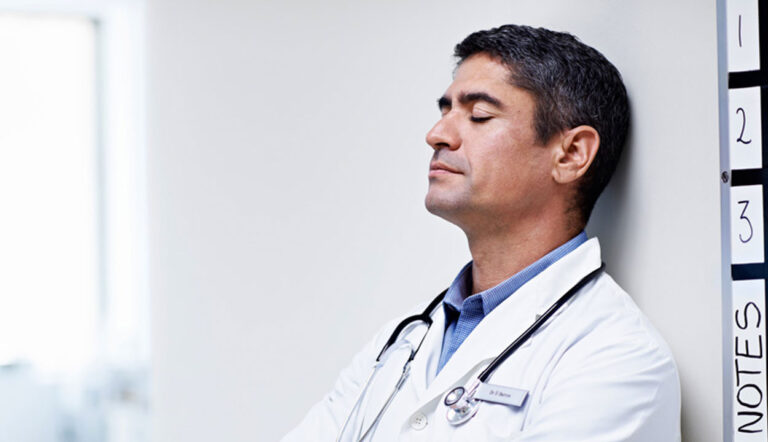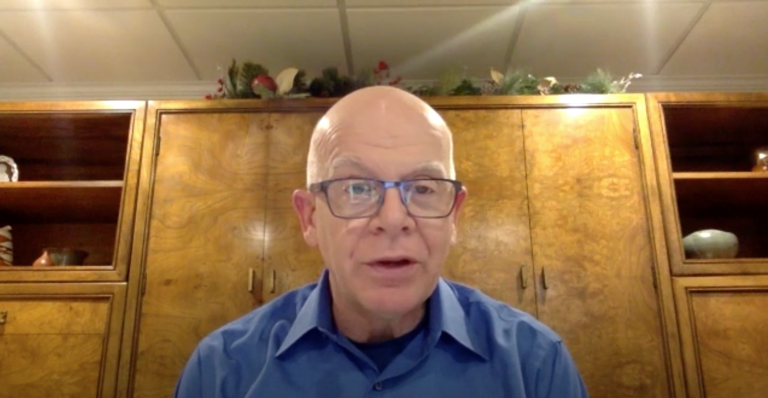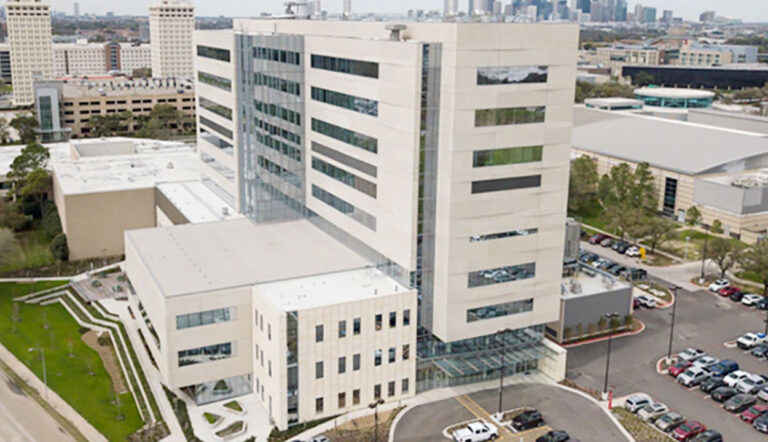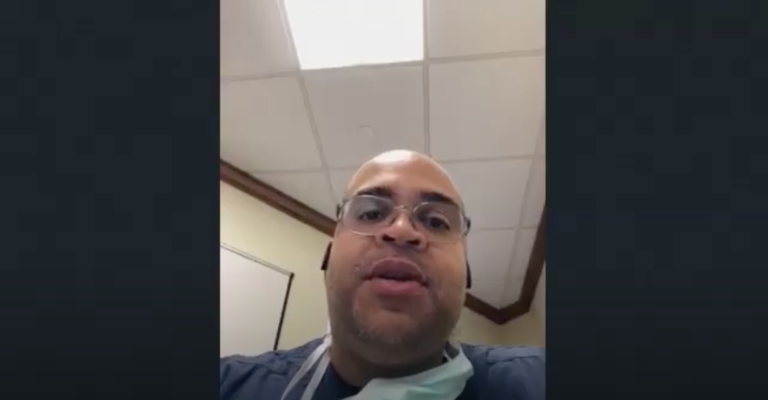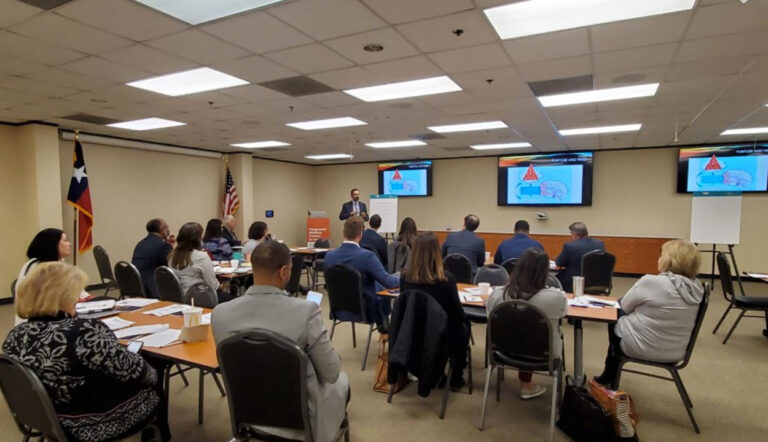According to Sir William Osler, “medicine arose out of the primal sympathy of man with man; out of the desire to help those in sorrow, need and sickness.” I will highlight two words: Primal Sympathy.
Empathy and sympathy have been researched extensively in the human brain. To summarize, being altruistic, having sympathy and being empathetic are primal instincts in us. These instincts are no different than our hunger and thirst.
What we do know about them though is that they do not have a well-developed reward pathway in our brain. With hunger, food creates a reward sensation along the mesolimbic pathway.
Neuroscience and neurophysiology studies have shown that satisfying our desire to help may piggy back on that same mesolimbic pathway.
In other words, when we help someone, that primal desire is satisfied, and we feel good about ourselves, our purpose, and our existence. Just look at how much the literature focuses on connecting with others and fulfilling a purpose to help develop resiliency, meaning, and happiness.
For the past 4 years I have been researching, presenting and studying physician burnout. Invariably, when asked the question, almost all physicians will say the reason they went into medicine is because of their desire to help. That primal sympathy is the very essence of medicine. What does “pay for performance” do to that essence? Studies have shown that pay for performance is one of the factors associated with physician burnout. Some even have a causal-effect relationship.
Why?
Imagine you are hungry and you are presented with food, an all you can eat buffet, you find out that the more you eat, the less full you feel, the hungrier you stay, and the less satisfied you become. So, what do you do? Well, human instinct is to eat more. Perhaps if we ate more we will ultimately satisfy that hunger. But that does not happen.
We grow frustrated, agitated, angry, and feel unfulfilled. In the medical scenario, pay for performance has shifted the practice of medicine from helping others, the essence of medicine, to getting paid. No matter the number of patients we see, or the amount of money we make, we are getting more and more burned out, and less and less engaged.
Why?
Because our reward system has been deactivated. Physicians THRIVE, DEPEND, and NEED to feel helpful and to have made a good impact in their patient’s lives. In talking to many physicians, it is not those who make the most money that are the happiest, it is those who spend the most time with their patients. Many physicians have quit their busy schedules, took pay cuts, and “slowed down” to try and spend more time with their patients and interact more. These are the ones who feel engaged, who are happy, and who have resumed their love for their profession.
They are the ones who have reconnected with the purpose and essence of medicine, and they are the ones whose primal sympathy is being fed right. No wonder studies have shown that physicians who spend more time with their patients, are able to enjoy their patients, and connect with their patients are much more engaged, less likely to be burned out, and are happy in their profession.
Although the science of medicine has evolved in complexity, understanding, and application, its essence has remained untouched. The primal sympathy to help others is the engine, the force, and the purpose that drives physician performance. Pay for performance highlights a basic problem with the way medicine is being steered to be practiced.
It is missing the point and burning physicians out. It is time to realize that, understand it, and fight to regain our ability and opportunity to practice this most sacred of professions: helping a fellow human being for the pure essence of helping.
Naim El-Aswad, MD
CMO
Vital Signs Vital Skills, L.L.C.


